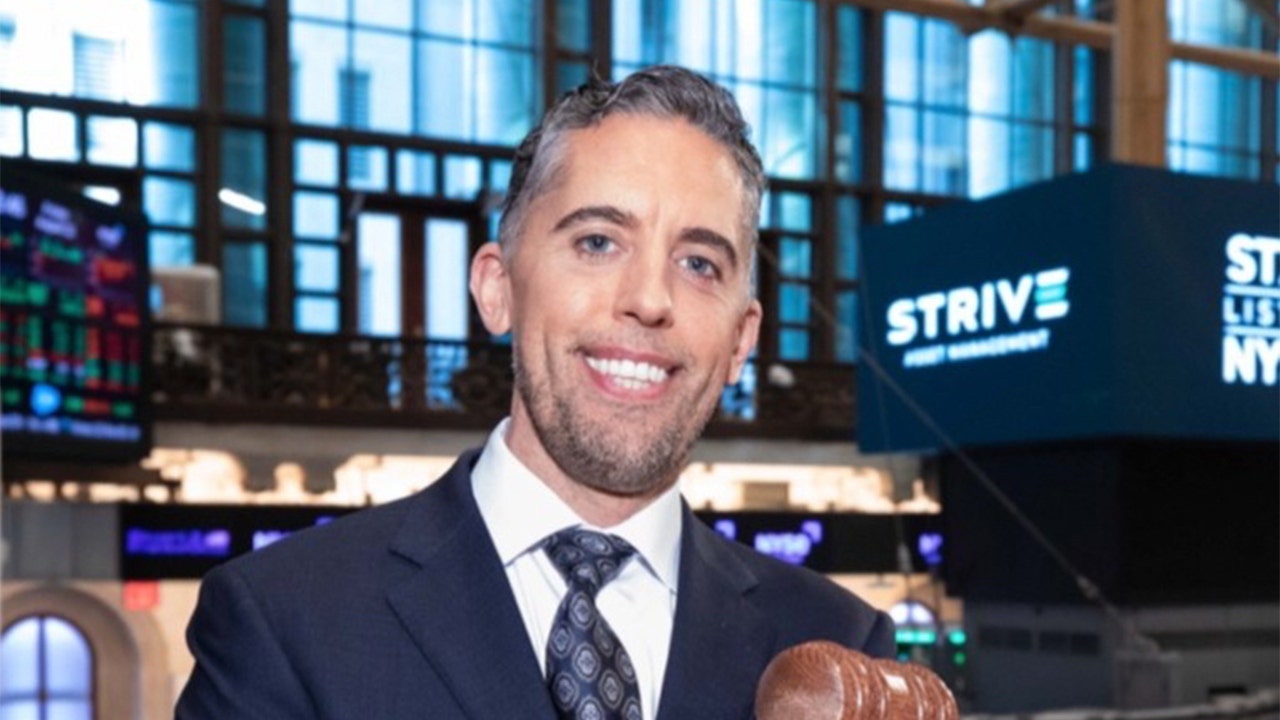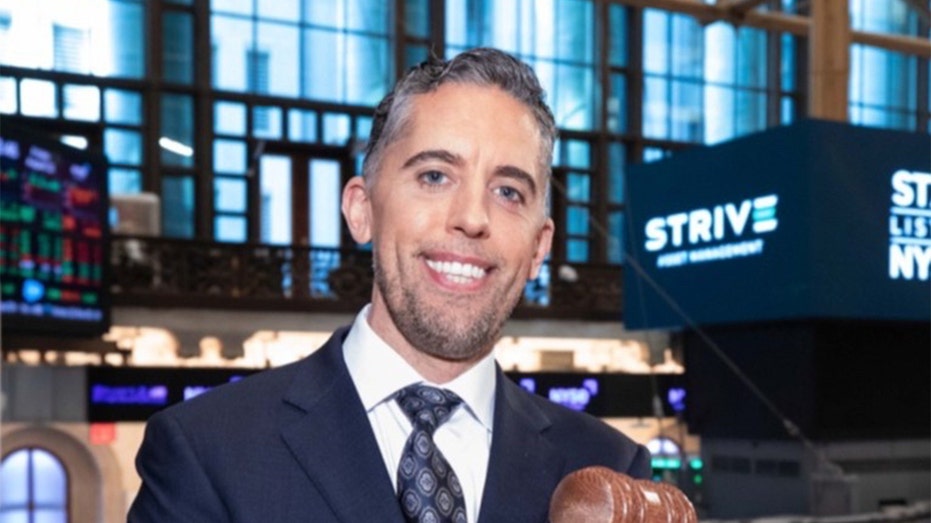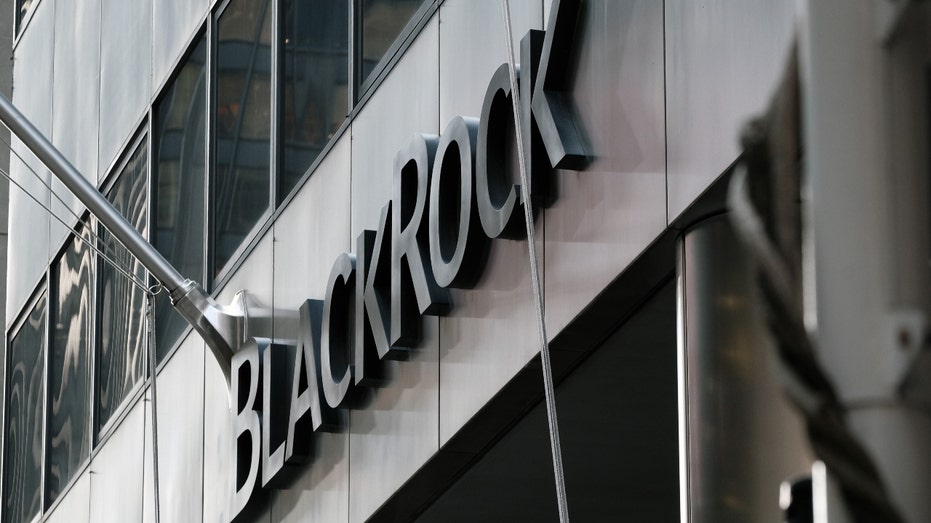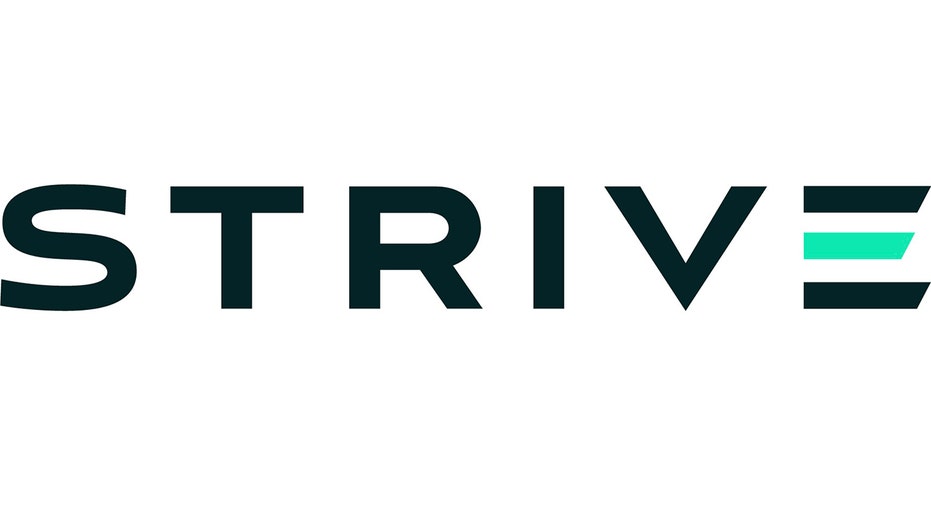
Tennessee Attorney General Jonathan Skrmetti details his lawsuit against BlackRock on “Varney & Co.”
EXCLUSIVE: An Ohio-based asset management company announced Thursday it will offer a new 401(k) retirement plan for medium and small businesses that will focus purely on maximizing shareholder profits and forego “woke” environmental, social and governance (ESG) investing priorities.
According to Strive Asset Management, the plan, in partnership with financial services provider Ameritas, will “allow employers to offer a customized 401(k) plan specific to their company’s needs while allowing their employees to enjoy Strive’s investment philosophy of prioritizing shareholder value maximization over the interests of other stakeholders.”
In an exclusive interview with Fox Business, Strive CEO Matt Cole stressed the importance of the new offering as a way investors can avoid being “stuck” with large investment firms like BlackRock or Fidelity that invest through the lens of ESG, which they use to guide their decision-making with the consideration of environmental factors like a company’s approach to pollution and climate change.
BLACKROCK LAYOFFS COMING AS FIRM MATURES, ESG PULLBACK AND BITCOIN ETF APPROVAL

Matt Cole, CEO of Strive Asset Management (Matt Cole / Fox News)
According to Cole, such considerations hinder the ability of those investment companies to maximize profits and compounds the problem of many Americans not having the funds necessary to retire.
“We have a simple mission that we take to corporate America: Maximize value, period,” Cole said. “Corporate America has taken this different approach, ESG, that says we’re going to take stakeholder capitalism, which by definition means you deprioritize the shareholder for other stakeholders. And I think that’s a big fiduciary breach. We reject that.”
“Your retirement plan should be working for you, not against you,” he said.
TESLA ROLLS OUT MODEL 3 IN NORTH AMERICAN MARKETS
Cole told Fox that his first question to everyday investors would be: “Are you willing to accept lower returns in exchange for pushing values in corporate America, yes or no?”

BlackRock headquarters is seen in New York City. (Spencer Platt / Getty Images)
“The second question would be, if you were pushing the values, do you agree with the values of racial equity audits in corporate America? Affirmative action? Forced emissions reductions? Do you agree with those values or would you have different values?” he said, adding that such an approach “lowers returns” and “pushes values that are not aligned with the average investor.”
Cole said that shareholder capitalism, or placing the interests of shareholders first, had led to more technological innovation and higher returns that built the foundation of American capitalism. He noted a study that Strive conducted on America’s shareholder focus versus Europe’s stakeholder focus that found American corporations outperformed their European counterparts by more than 2,000%, or almost 3.5% per year over the last 40 years.
AMERICAN AIRLINES BOOSTS FREQUENT-FLIER PERKS
“When you think about that, and you think about a career, the average career being somewhere in the neighborhood of 40 years, a 2,000% difference is basically the difference between being able to retire and not being able to retire,” he said.
“That’s why we care so much about this. And stakeholder capitalism, what it says is that all stakeholders are equal. And in biblical terms, what that means is you can serve multiple masters. My belief is you can only serve one master. … You want to provide your customers with great products, great services, but you do those things as a company to maximize value to your shareholders,” he said.

Cole predicted that Strive Asset Management’s 401(k) would “absolutely” become a model for retirement plans because of the choice it provides investors and that it would “push corporate America to be the best version of themselves.” (Strive Asset Management / Fox News)
Cole predicted that Strive’s 401(k) would “absolutely” become a model for retirement plans because of the choice it provides investors, and that it would “push corporate America to be the best version of themselves.”
In addition to the planned 401(k) launch, Strive also announced the launch of its new Direct Indexing service, powered by Vestmark, that will “cater to investors who want to customize and create efficiencies when managing their portfolios while also enjoying Strive’s pro-shareholder approach to corporate governance.”
GET FOX BUSINESS ON THE GO BY CLICKING HERE
“Direct indexing is typically something that’s a solution for higher-income individuals that don’t buy exchange-traded funds. And for them, what they’re looking for is the ability to harness tax losses while keeping exposure to the stock market. Direct indexing provides a solution there,” Cole said.







